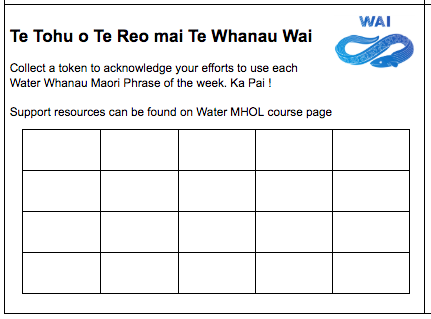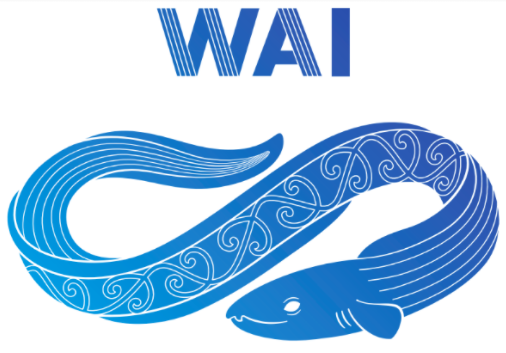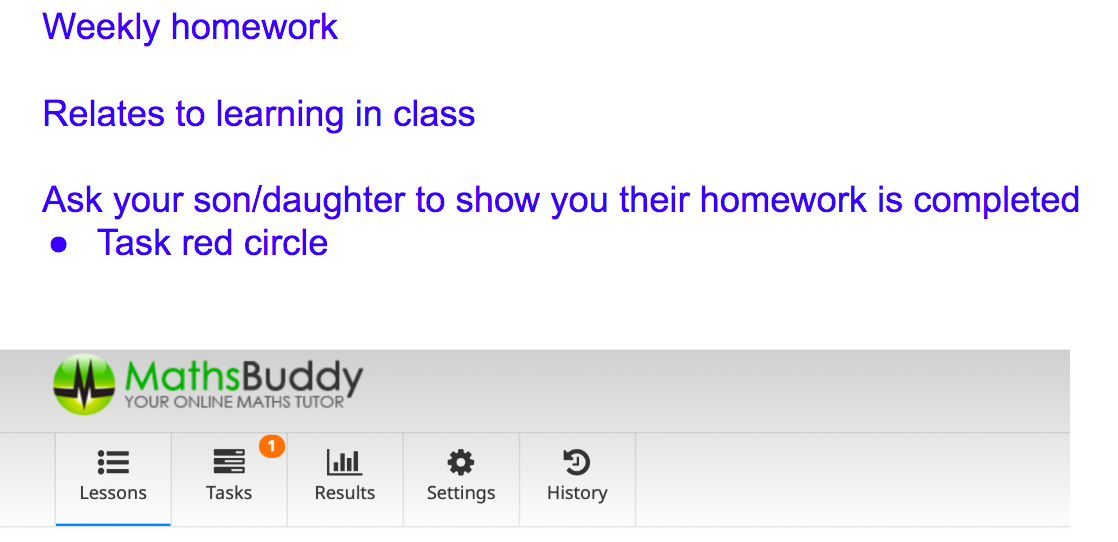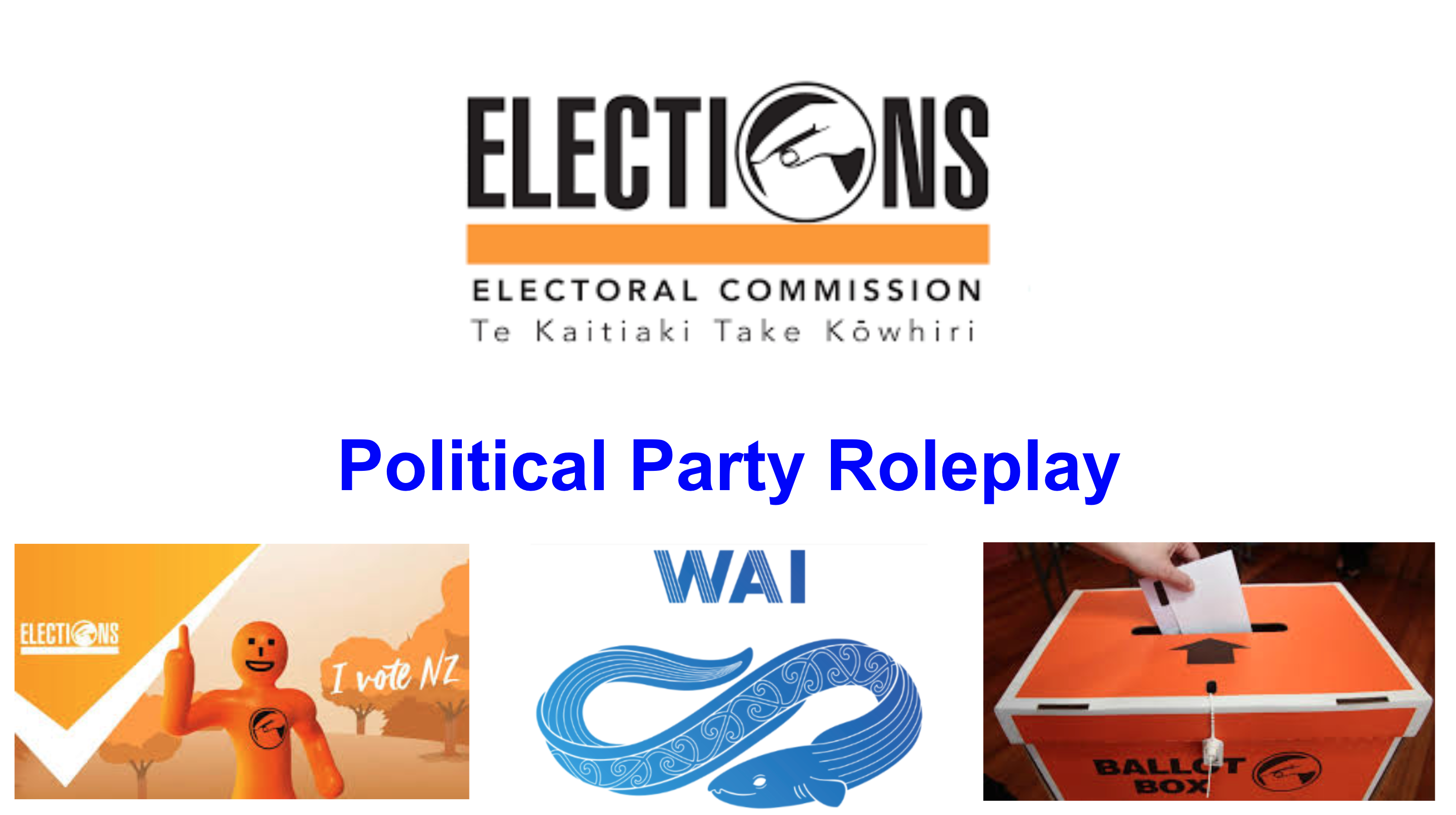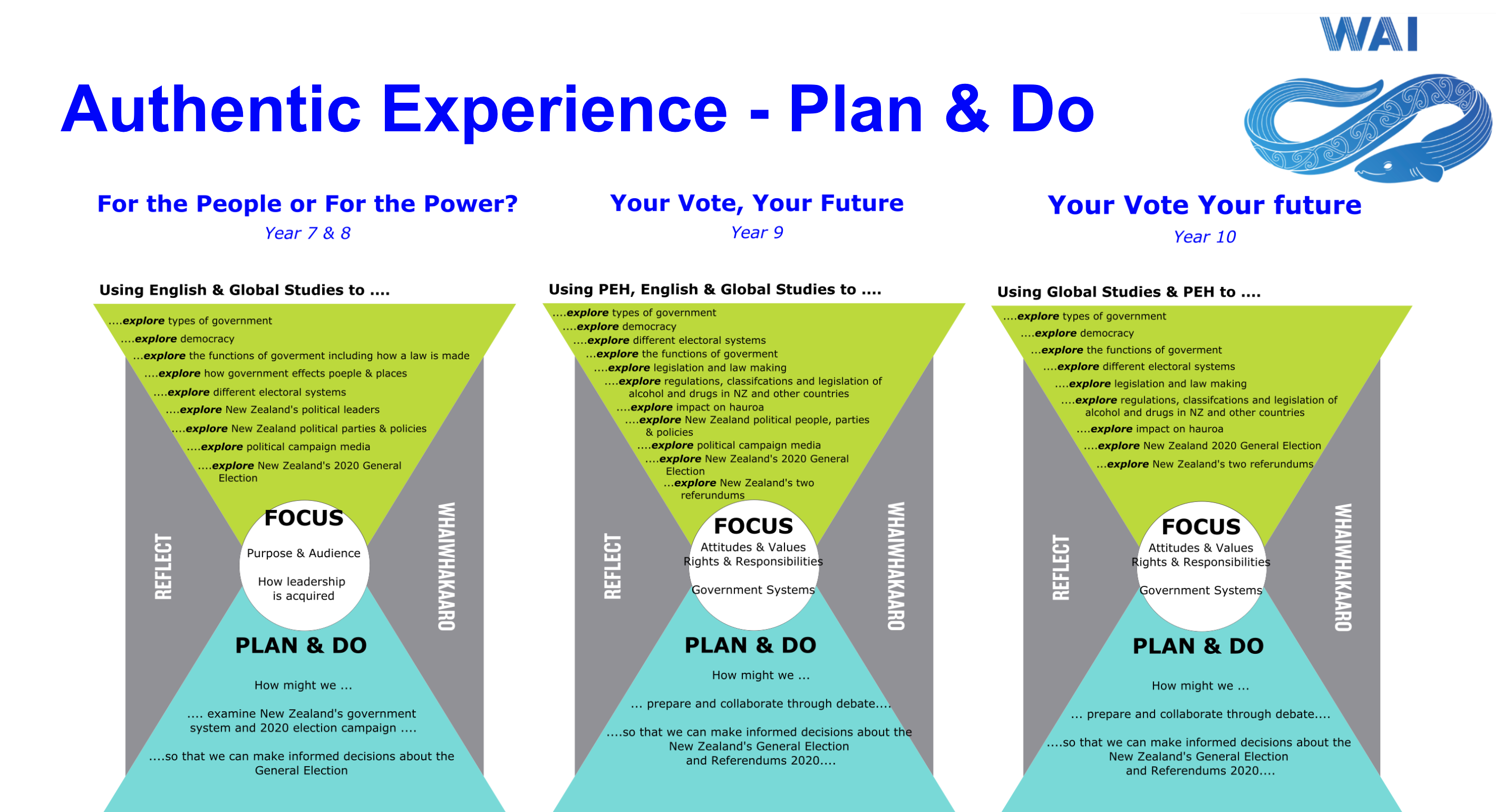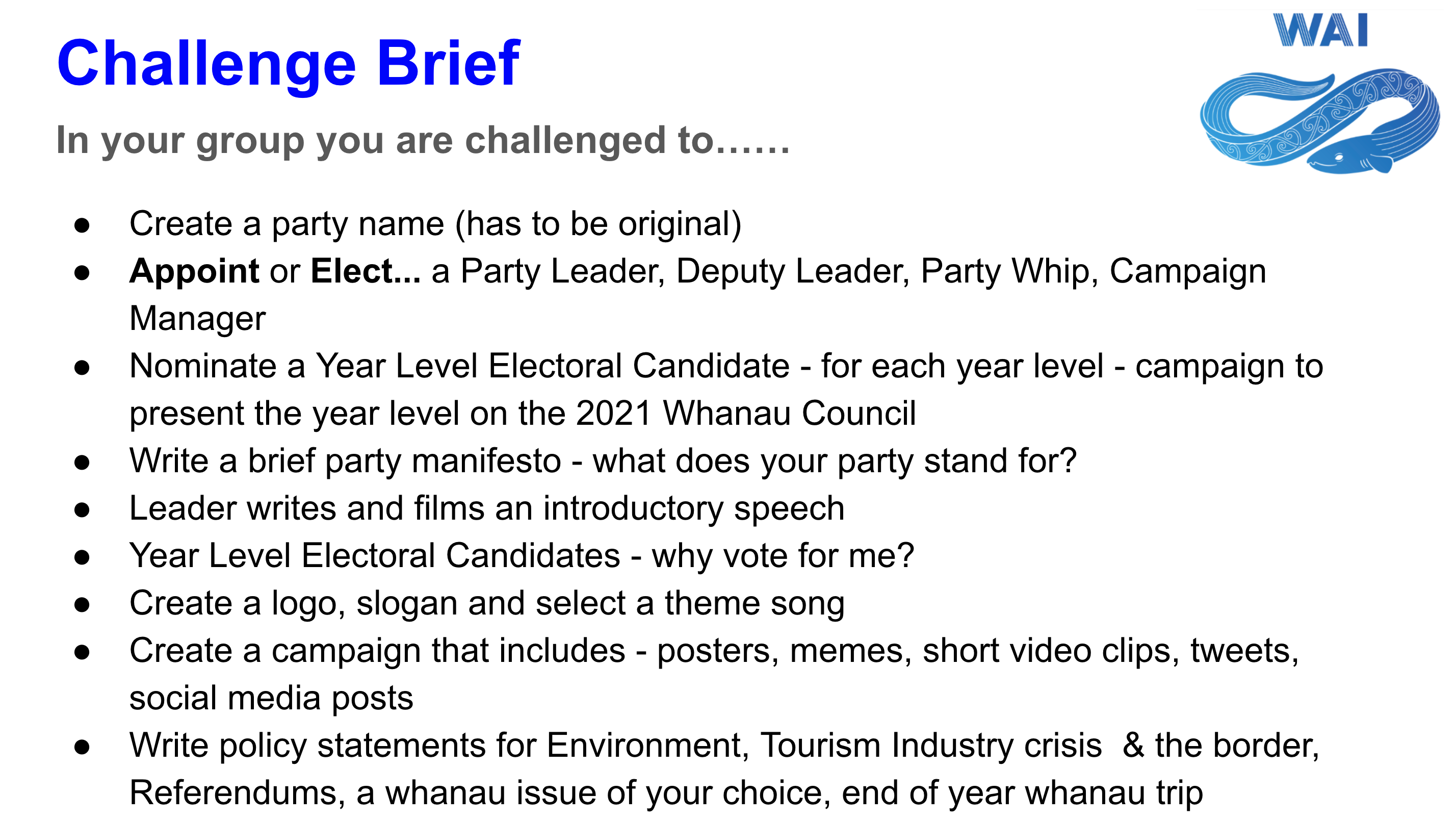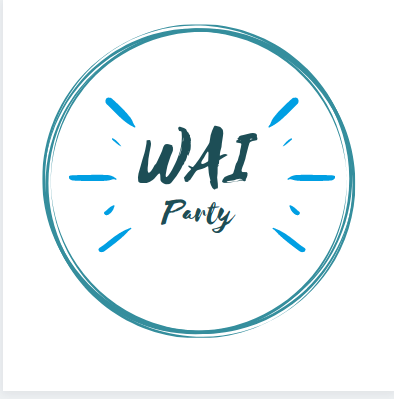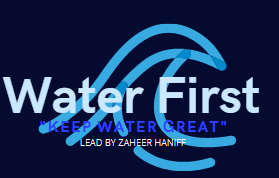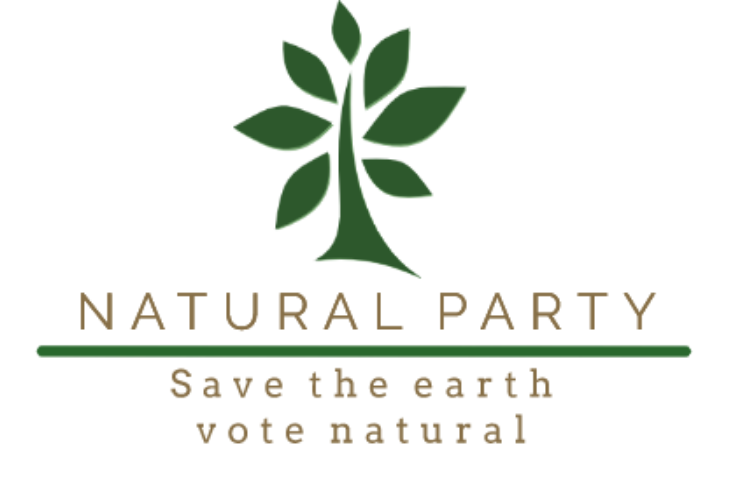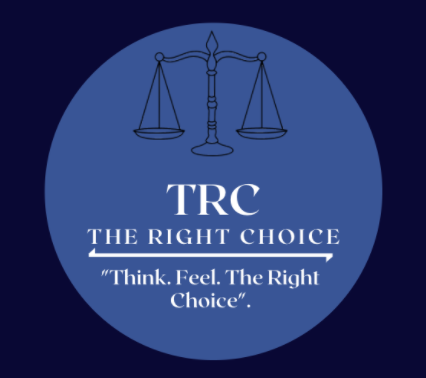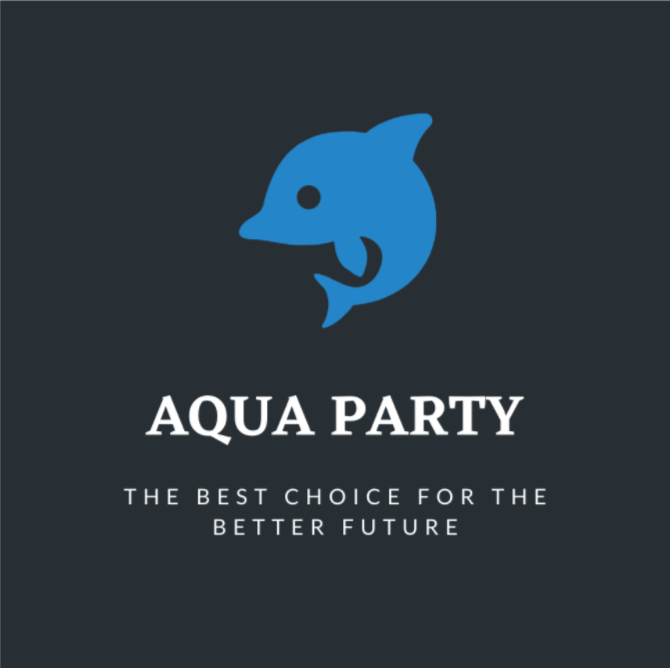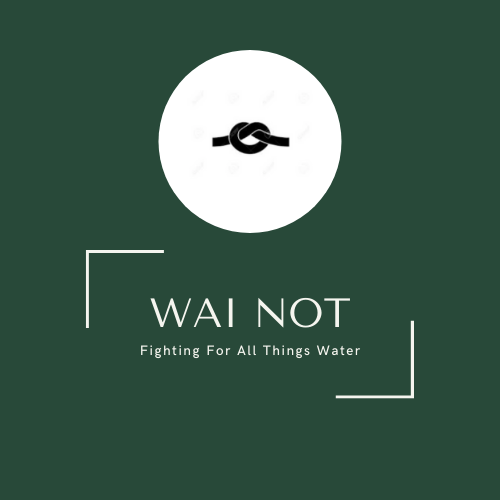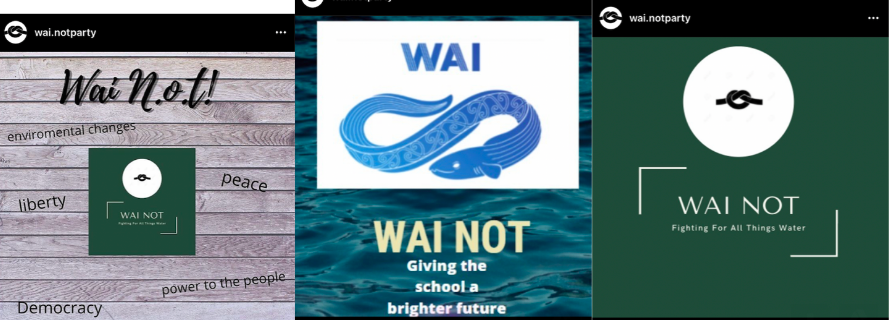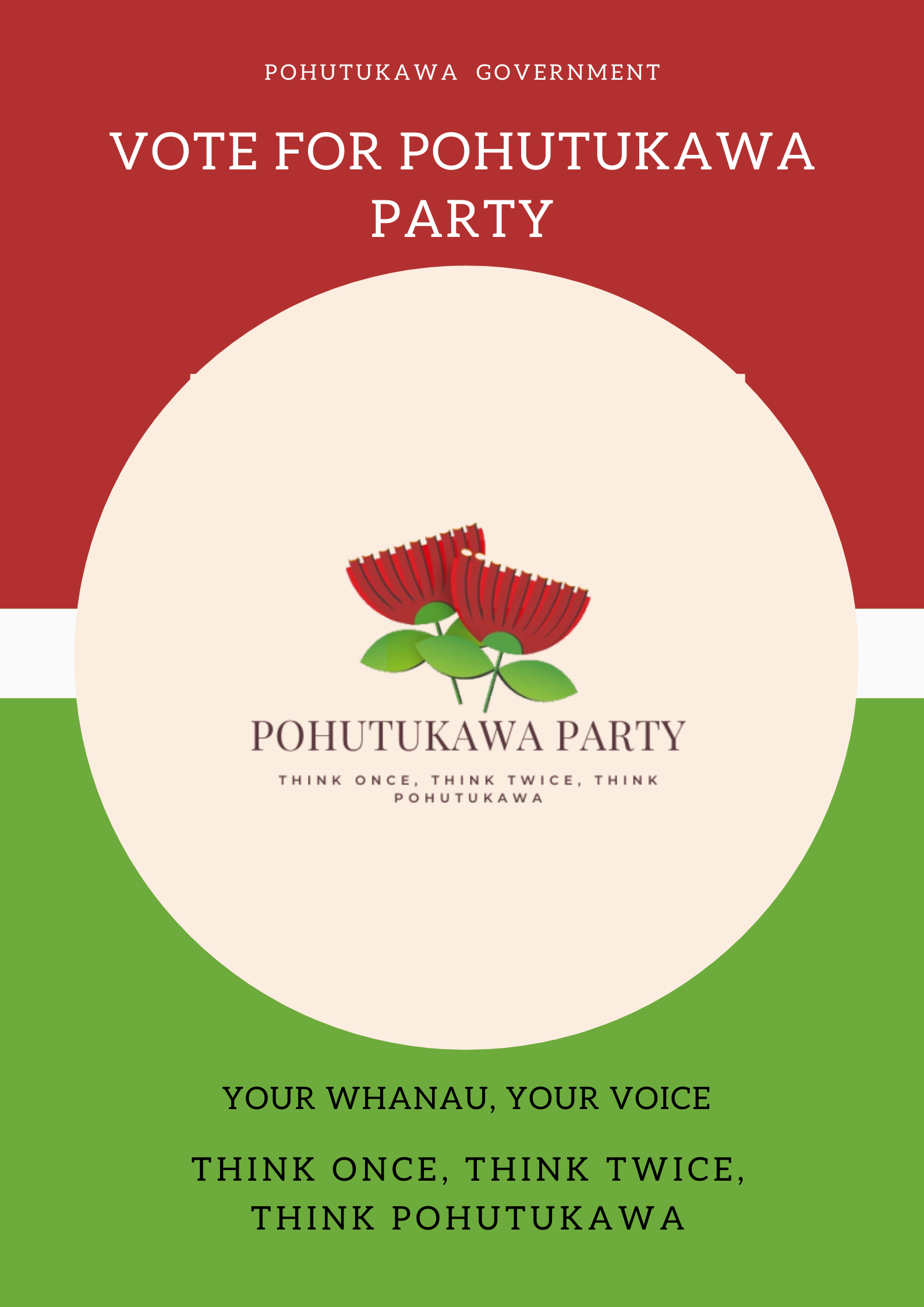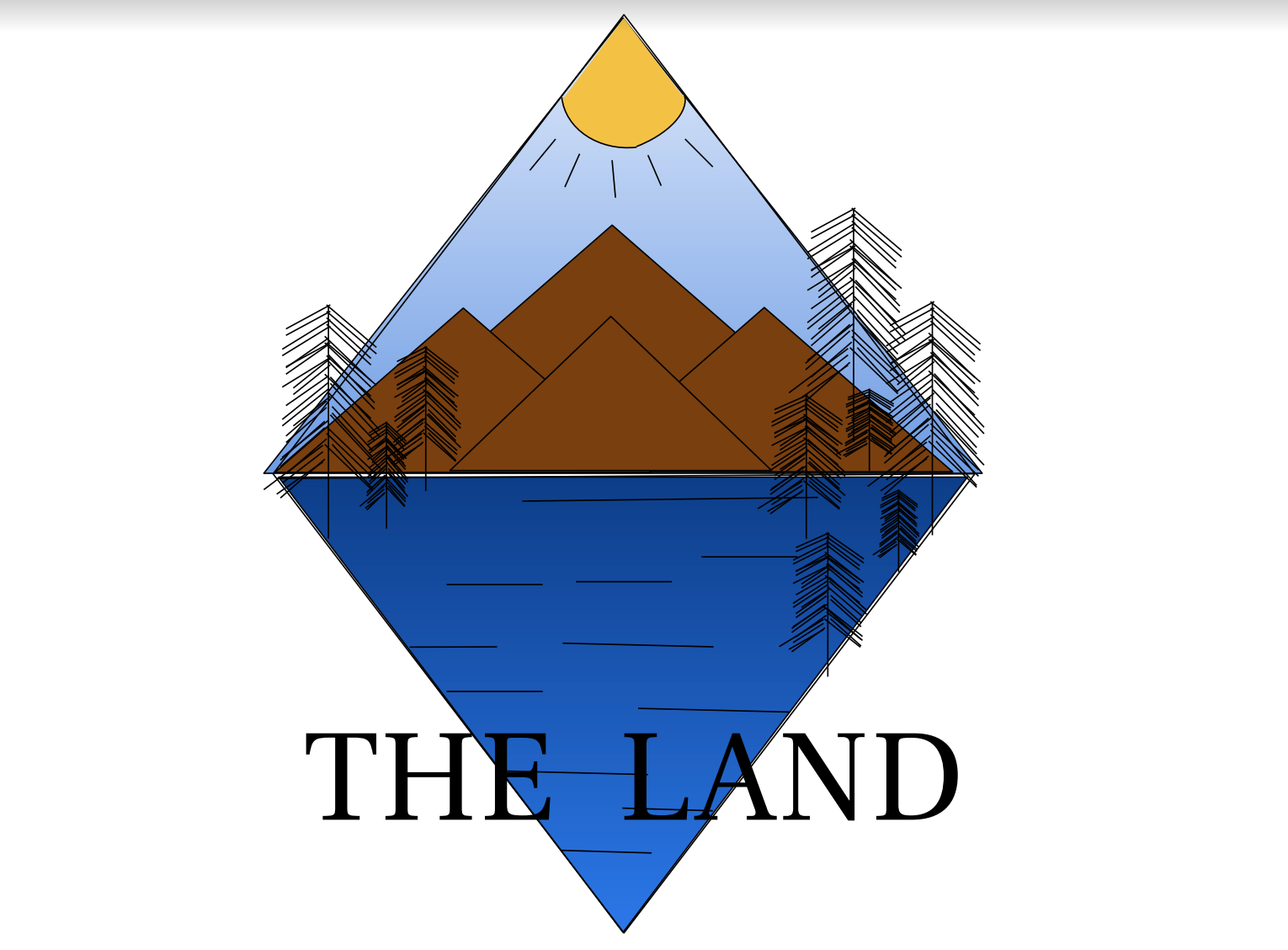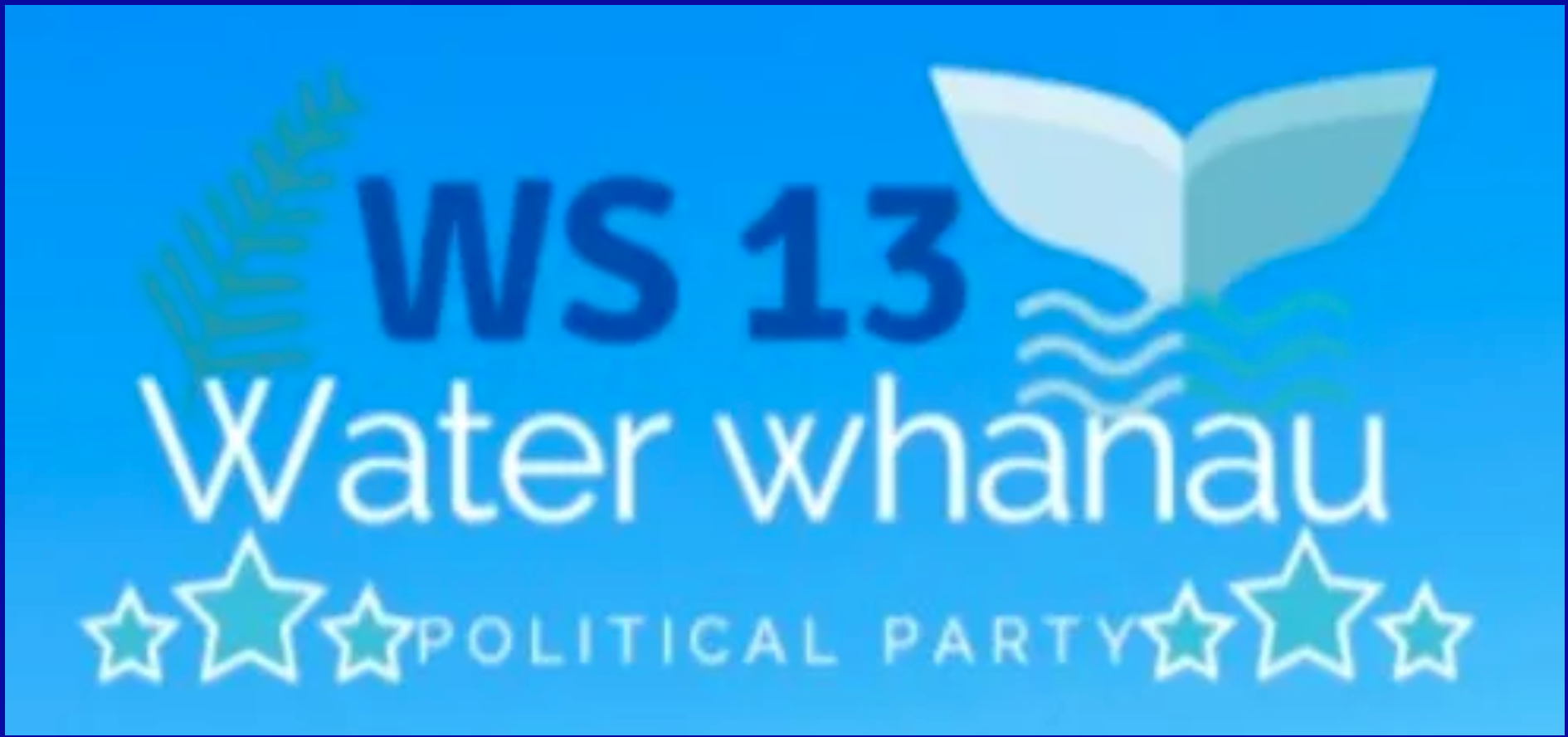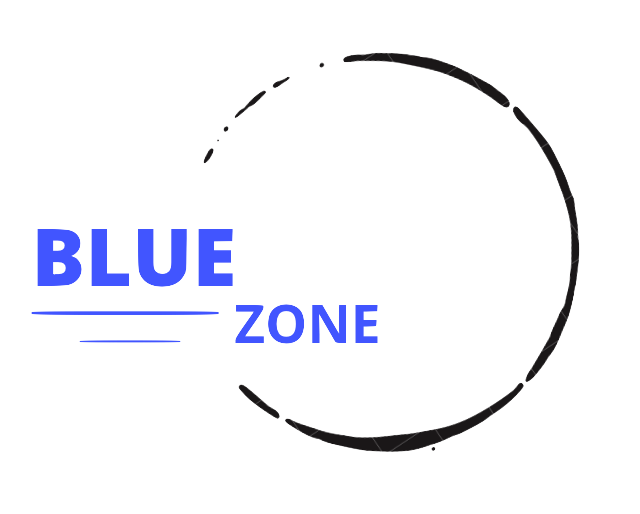Water Whanau 2020
Section outline
-
-
- My long term learning goals that I have developed from my Student-led Conference are…
- My short term learning goals that I have developed from my Student-led Conference are...
- My achievement and progress to date...
- The learning support I need from my teachers is...
- My family can help me by...
- The personal action(s) I need to take to support my own learning are...
- My parents' goals and aspirations for me are…
-
You are required to write a reflection statement that identifies the SMART goals you have set yourself in 2020 and the progress you are making to achieving these goals. You may choose to describe the actions you have taken, the successes you have had and the obstacles/challenges you have faced. This will be an unedited statement from you and will appear on your Holistic report.
You may choose to use one of the below sentence starters to help (copy and paste these into the text box);
A goal I have set myself for 2020 is....
I have taken the following actions to meet this goal...
The successes I have experienced are...
The challenges I have faced are...SENCO Writing Template : https://docs.google.com/document/d/1xl6gXR6Mnhsvl1dwcJF8pi8opLljSsDM3YXDmLeEz-U/edit?usp=sharing
ESOL Writing Template : https://docs.google.com/document/d/1xl6gXR6Mnhsvl1dwcJF8pi8opLljSsDM3YXDmLeEz-U/edit?usp=sharing
-
- My long term learning goals that I have developed from my Student-led Conference are…
- My short term learning goals that I have developed from my Student-led Conference are...
- My achievement and progress to date...
- The learning support I need from my teachers is...
- My family can help me by...
- The personal action(s) I need to take to support my own learning are...
- My parents' goals and aspirations for me are…
-
Teachers in Water Whanau

- Mrs Cathy Hewlett – Deputy Principal/Technology
- Ms Kate Lambert – Assistant Principal/Global Studies
- Mrs Gillian Bartlett – Whanau Dean -Science
- Mrs Kess Naidoo – Water Student Services
Mr Tashi Hishey – Maths & Science
Mr Raj Sharma – Maths
Mrs Neetu Ismail – English & Global Studies
Mr Dino Gardi – Physical Ed & Health/ Global Studies
Ms Erin Steel - Global Studies
Mrs Rajesh Joshi - English
Mrs Juliet Gao - Mandarin/ Enterprise studies/ Robotics & Coding
Ms Aidyn Thomas – Physical Ed & Health
- Mrs Cathy Hewlett – Deputy Principal/Technology
-
A friendly reminder that your Reading Plus homework schedule starts next week (4 x See Readers, 2 x Read Arounds, and 2 x iBalance for all year levels). This eLearning programme will help you to reach your easTTLe reading goals.This means that you need to use your eLearning / pLearning and homework time this week to complete your InSite test + 2 x See Readers, so the Reading Plus programme can assign your correct reading level. This is called "...completing your Start-up."You can complete your Start-up for homework by going to the www.readingplus.com login, entering the site code: mheightsjc then your school username and password.
- At MHJC we celebrate students reaching the minimum 100 x See Readers mark. This means you have shown a GREAT commitment to your learning!
- Combos (=2 x consecutive See Readers at 80% accuracy or higher) help you to advance up to the next level/grade. Usually, the completion of 7-10 combos enables you to "level-up."
- The programme will put you on hold if it senses that you are not reading correctly (or your comprehension is low). Please email your eLearning / pLearning teacher if this happens to you and use the 'Re-Read' button to assist your reading-for-meaning.
The homework schedule is not assigned during the school holidays, although you are free to keep working on the Reading Plus programme if you wish to. The holidays also provide an opportunity to catch-up if you have fallen behind during the school term.Best wishes for your Reading Plus Homework this year. Remember to get that Start-up completed asap, please. -
Water Whanau Te Reo Phrase of the Water
Use your Water Card and collect a token to acknowledge your use of Te Reo. In your Monday Session 1 class the phrase of the week will be introduced. Monday is practice day. Then try your best to use the phrase in conversation over the week and collect a token each time.
Your teachers are also part of this - catch them trying to use the phrase in conversation.
We would like to acknowledge Radio New Zealand and Hemi Kelly, to whom resources we are using. Hemi's a lecturer in Te Ara Poutama - the Faculty of Māori & Indigenous Development at Auckland University of Technology, and his book A Māori Phrase a Day: 365 Phrases to Kickstart Your Reo will be released on January 7.